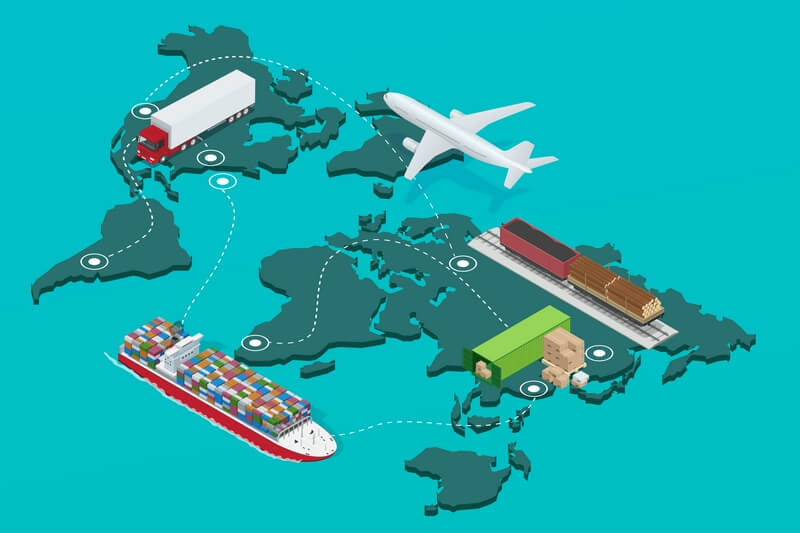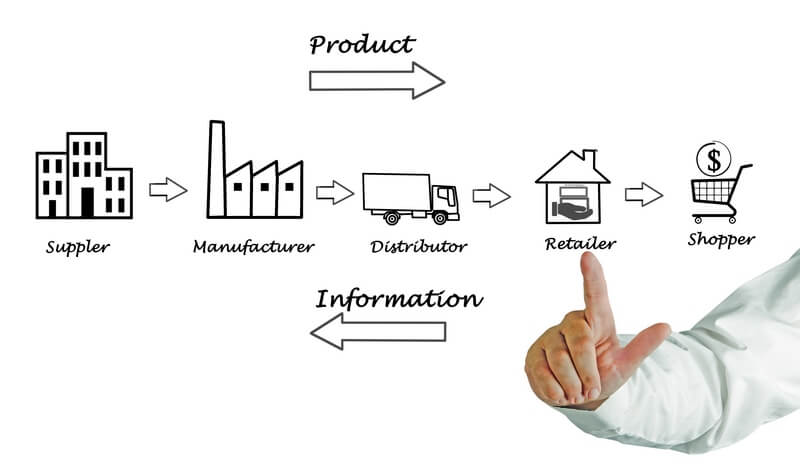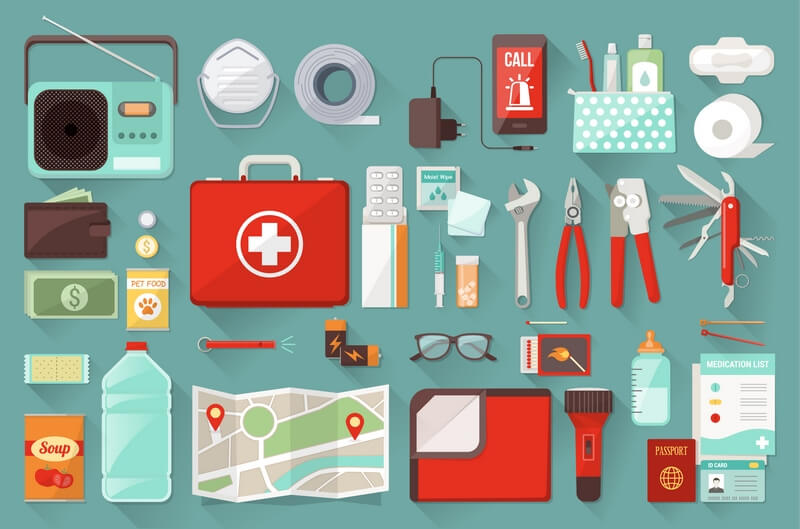
The potential multiple impacts
Coronavirus-prepare for supply chain impacts. The novel Coronavirus (2019-nCoV) is spreading across the globe. The question on everyone’s mind is how bad will it get and how long will it last. The reality is that scientists don’t know yet. Although the virus appears to be similar in some ways to SARS, it is spreading more rapidly. The mortality rate of SARS was 10%, and data on 2019-nCoV says it has a 2% rate.
While the immediate focus is on people staying well, many of us on the business side are thinking about economic impacts. For international service companies, manufacturers, and retailers, it is time to be worried. With no precise timeline and the possibility of on-going waves of infection, there will be long-term effects. Typical supply chains will be disrupted, like what we see with masks and hand sanitizer.

Business impacts could be severe
It is impossible to predict what the real effects of the outbreak will be. This event is impacting China’s economy. What is unclear is how well the country can recover when the outbreak is over. For now, we should all expect supply chain impacts and disruptions. Fortunately, there is enough availability of most goods in the market for the time being. That will likely change soon.
However, businesses that rely on specific items for manufacturing, retail, or services may experience significant problems in maintaining service levels. The reality is that China exports more products than any other country. Not only do they lead in the creation of electronics and technology, but also clothing, medical equipment, and raw materials.
Businesses should assess their reliance on goods and services from China as part of planning for this event. Additionally, it would be a good idea to look at their entire logistics network. It is helpful to understand where suppliers and third-party vendors are. You should also plan workaround strategies. As a worst-case scenario exercise, try to project where problems may occur. Determine if you can shift focus to balance your offerings. If the coronavirus outbreak gets worse, anticipate potential losses.

Prepare your own disaster kit
On a personal level, you will want to do three things now. First, you should prepare a disaster kit. If you already have one, now is an excellent time to review it and refresh anything outdated. Most of these supplies are for natural disasters and short-term needs. So, they only contain essential survival items.
The second is to prepare yourself for social isolation or quarantine. With this outbreak, you may be experiencing the event at home. It’s possible to have to self isolate if you or someone you live with contracts the coronavirus. Or, companies may have employees work from home to limit contamination. Some operations have already done this if they have sites in China or as a precautionary measure. To prepare, you will want enough supplies to last two weeks minimum.
The third thing you can do is prepare yourself mentally. Stock up on items important to you in case supplies run low. Additionally, anticipate that some goods and services will not be available. My recent blog, Coronavirus-Social Isolation Tips, outlines how to mitigate the negative impacts of this specific situation.

As I write this blog, the coronavirus has spread to twenty-eight countries. The only continents it hasn’t touched yet are Africa and South America. However, that is likely to change with the integrated nature of today’s world. As scientists and medical experts are working to control the virus’ spread, what we can do now is prepare.
Innovate, practical ideas at the business and personal level should be discussed to limit potential damage. However, we can use past pandemic planning and adjust anything outdated. It’s a good idea to follow seasonal cold and flu guidance. Until the outbreak is past, it is best practice to expect some economic and personal impacts. With this virus, we already see supply chain shortages for related products (masks, etc.). With a globally interdependent economy, we should expect repercussions in multiple sectors.
